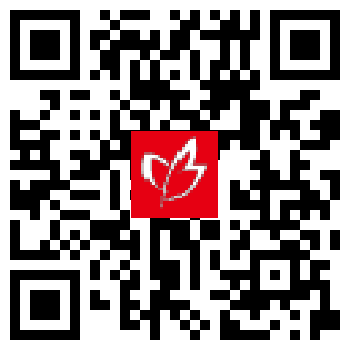
(2025·江苏南京·二模)A father told his son that he should not accept the Theory of Evolution just because he leaned about it in Biology class at school. He went on to say that he is teaching his son to think critically. But he isn’t.
Many people assume that critical thinking refers to questioning and criticizing in the more negative sense of the word. If they are rejecting what they are told by experts, they falsely believe that they are thinking critically. This is not uncommon. Many people claim that everything is just someone’s opinion and no one is actually right or wrong. They believe they are thinking critically when they’re actually doing the very opposite.
There are many definitions of critical thinking. To put simply, it refers to identifying and evaluating arguments, finding inconsistencies in arguments, problem solving, and thinking about our own beliefs and why we hold them.
Diane Halpern, author of Thought &Knowledge, uses this definition:“Critical thinkers are able to change their mind or the conclusion that they reached, when new information warrants such a change.”
A closed-minded person responds negatively when presented with new ideas that challenge their existing beliefs. These are the people who insist that even an expert's opinion is no better than anyone else’s. In contrast, an open-minded person suspends judgment. They seek out more information, including information that goes against beliefs they currently hold. They review the evidence that’s available and are always open to new ways of thinking. They consider all options and insist on finding a solution.
So you need to ask questions and be open-minded about the answers. You need to know how to do research and look for reliable sources. You have to think about your own thinking and question why you hold the beliefs you do. Be aware of the pre-set ideas you bring to the argument, and learn to evaluate evidence.
52.Why does the author mention the father-son example in paragraph 1?
A.To promote the practice of critical thinking.
B.To criticize the current education system.
C.To present a widespread misconception.
D.To introduce an innovative idea.
53.What does the underlined word “warrants” in paragraph 4 mean?
A.Justifies. B.Matches. C.Transforms. D.Identifies.
54.How are open-minded people different from the closed-minded?
A.They respect expert authority. B.They internalize their own beliefs.
C.They keep an option-solution balance. D.They resist the urge to judge prematurely.
55.What is the main idea of the last paragraph?
A.How to evaluate evidence. B.The process of critical thinking.
C.How to become a critical thinker. D.The benefits of being open-minded.
【答案】52.C 53.A 54.D 55.C
【知识点】科普知识 、说明文
该题有详细解析可以查阅1、本网站所提供的信息,只供教育教学参考之用。
2、本网站及其会员一概毋须以任何方式就任何信息传递或传送的失误、不准确或错误对用户或任何其他人士负任何直接或间接的责任。
3、在法律允许的范围内,本网站在此声明,不承担用户或任何人士就使用或未能使用本网站所提供的信息或任何链接或项目所引致的任何直接、间接、附带、从属、特殊、惩罚性或惩戒性的损害赔偿。
4、访问者在从事与本网站相关的所有行为(包括但不限于访问浏览、利用、转载、宣传介绍)时,必须以善意且谨慎的态度行事;访问者不得故意或者过失的损害本网站的各类合法权益,不得利用本网站以任何方式直接或者间接的从事违反中华人民共和国法律、国际公约以及社会公德的行为。对于访问者利用本网站提供的信息而作出的任何决策、决定以及其后果,本网站不承担任何责任
5、本网站图片,文字之类版权,本网站无法鉴别所上传图片或文字的知识版权,如果侵犯,请及时通知我们,本网站将在第一时间及时删除。
6、凡以任何方式登录本网站或直接、间接使用本网站资料者,视为自愿接受本网站声明的约束。
XueXi Design
